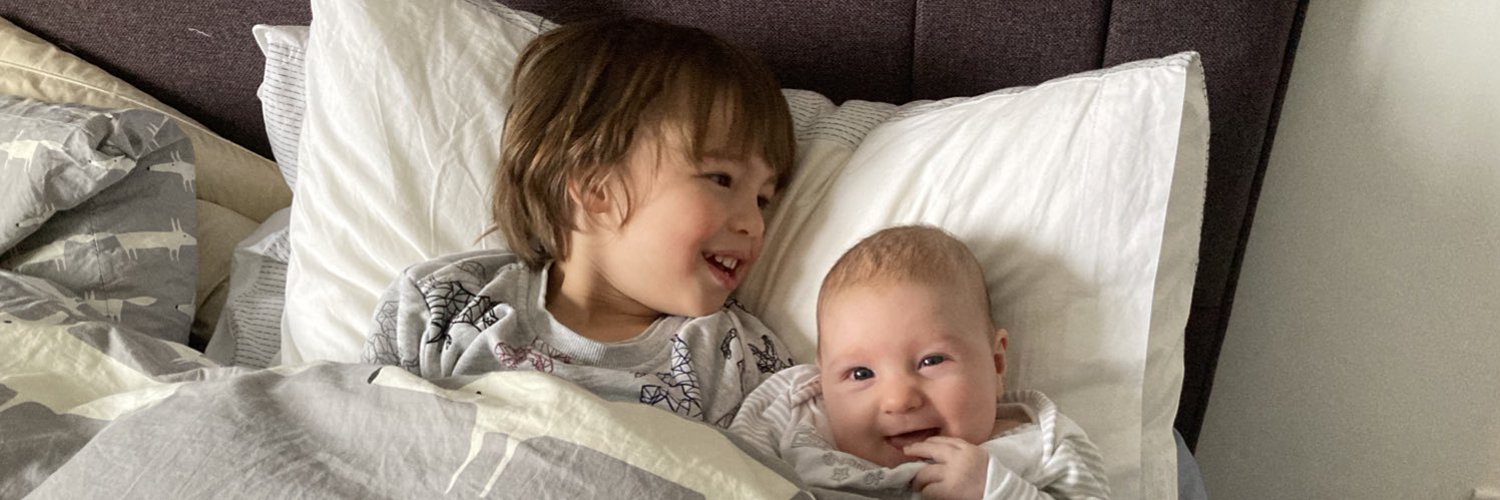Question time!
I have devised the following research question:
- What difference to mental/physical health does respite care (defined as a short break of 5-10 days) make to adult unpaid/family carers looking after an adult full-time at home?
Unpaid/family carers and how we support them is a significant public health issue. It is estimated that there are 6.5 million unpaid/family carers in the UK, possibly many more following the COVID19 pandemic (Carers UK, 2021). Carers face considerable mental and physical stress in carrying out their caring role and it can have significant impact on their health and wellbeing (Mason et al, 2007). Respite care is an intervention that has been widely used to support carers to have a break from caring. There is evidence to suggest that carers do experience benefit from having a break, but there is limited evidence to demonstrate the effectiveness of respite care for carers and/or the person being looked after (Mason et al, 2007; Vandepitte et al, 2016). This is because of a lack of a substantial evidence base and more research in this area is needed (Jardim & Pakenham, 2010). There has been little research looking at the specific types of respite care offered (day care; short breaks, residential care, at home care) (Vandepitte et al, 2016), which has made it hard for research to suggest which is most effective or has the biggest impact. There are so many variables in respite care services, as well as the heterogeneous nature of carers which has limited many studies exploring the effectiveness of respite care (Vandepitte, et al, 2016). The lack of research exploring carers of those with conditions other than dementia is startling and needs to be better understood.
With more and more people living longer with increasing levels of morbidity as they age, alongside increasing workforce pressures in health and social care settings, and less statutory resources, there is likely to be increasing demands on unpaid/family carers to care for people (Roberts, 2018; Finucane et al, 2021, Jeon et al, 2006). Understanding how we can best support unpaid carers to care and live meaningful lives is a huge public health question that needs to be addressed. Further investigation into the need for carers to have respite is part of this challenge.
Is it feasible? This is a huge topic with multiple aspects to it, so by focusing on one aspect should make it manageable in the time and resource constraints, as well as achievable for one person. There may be ethical considerations around any approaches to carers to gather evidence.
References
Carers UK (2021) Facts and Figures, Available at: https://www.carersuk.org/news-and-campaigns/press-releases/facts-and-figures (Accessed 24.01.2022)
Finucane AM, Bone AE, Etkind S, et al. (2021) How many people will need palliative care in Scotland by 2040? A mixed-method study of projected palliative care need and recommendations for service delivery BMJ Open 2021;11:e041317. doi: 10.1136/bmjopen-2020-041317
Jardim, C. & Pakenham, K. (2010) Carers of adults with mental illness: Comparison of respite care users and non-users, Australian Psychologist, 45:1, 50-58, DOI: 10.1080/00050060903286717
Jeon, Y. H., Brodaty, H., O’Neill, C., & Chesterson, J. (2006). ‘Give me a break’ – respite care for older carers of mentally ill persons. Scandinavian journal of caring sciences, 20(4), 417–426. https://doi.org/10.1111/j.1471-6712.2006.00423.x
Mason A, Weatherly H, Spilsbury K, Golder S, Arksey H, Adamson J, Drummond M. (2007) The effectiveness and cost-effectiveness of respite for caregivers of frail older people. J Am Geriatr Soc. 2007 Feb;55(2):290-9. doi: 10.1111/j.1532-5415.2006.01037.x. PMID: 17302669.
Roberts E, Struckmeyer KM. (2018) The Impact of Respite Programming on Caregiver Resilience in Dementia Care: A Qualitative Examination of Family Caregiver Perspectives. Inquiry. 2018 Journal of Health Care, Jan-Dec;55:46958017751507. doi: 10.1177/0046958017751507. PMID: 29424252; PMCID: PMC5808833.
Vandepitte S, Van Den Noortgate N, Putman K, Verhaeghe S, Verdonck C, Annemans L. (2016) Effectiveness of respite care in supporting informal caregivers of persons with dementia: a systematic review. Int J Geriatr Psychiatry. 2016 Dec;31(12):1277-1288. doi: 10.1002/gps.4504. Epub 2016 Jun 1. PMID: 27245986.




Thank you, Richard, for your post. It is great to see the development of your research question and your arguments. From the methodological perspective, have you already considered what methods and research design are you going to use to address this question? Once you have a chance to consider the relevant method, you might want to revise your research question again as developing a research project is not a straightforward process but a very iterative activity. So, it is very common to amend your research question as you revise the literature, decide on your methodology, and consider the practical challenges and ethical issues.
Evgeniya.